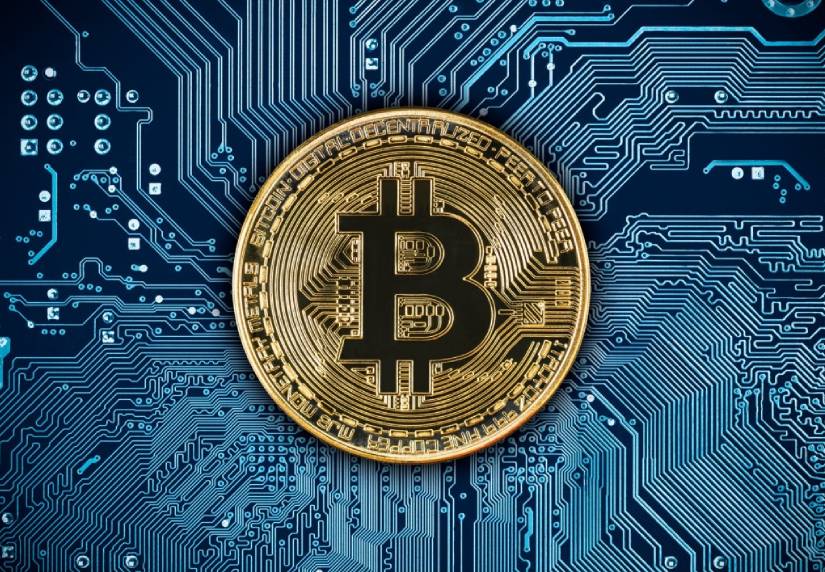TL;DR
- Samson Mow explains why Bitcoin is considered a “risk-off” asset for certain investors.
- The CEO of JAN3 highlights four groups that view the crypto as a safer investment.
- Robert Kiyosaki supports this view, recommending BTC as protection against fiat currency devaluation.
Bitcoin has gained a reputation as a “risk-off” asset for certain types of investors, meaning it is seen as a safer investment compared to other alternatives during times of uncertainty.
Samson Mow, a prominent Bitcoin maximalist and CEO of JAN3, has provided clarity on which groups of people, in particular, consider Bitcoin a safer option.
In a recent post on the X platform, formerly known as Twitter, Mow identified four types of investors for whom Bitcoin represents a lower exposure to risk.
According to Mow, those with a low time preference—those who prioritize long-term gains over immediate benefits—find Bitcoin to be a solid store of value.
This group includes many BTC “hodlers,” those who prefer to hold their investments in the cryptocurrency for years, trusting in its future appreciation.
Individuals like Michael Saylor, founder of MicroStrategy, align with this view, as they have expressed their intention to hold their Bitcoin reserves for at least a decade.
Mow also points out that those with a deep understanding of money and how financial systems work also see Bitcoin as a safe option.
This group includes individuals who have studied the history of money and recognize the inherent weaknesses of fiat currencies, such as inflation and devaluation.
A prominent example is the author of “Rich Dad, Poor Dad,” Robert Kiyosaki, who frequently advises converting savings into BTC—gold, or silver—instead of holding them in cash.
Another group that sees Bitcoin as a “risk-off” asset is those suffering from inflation.
In countries where inflation rapidly erodes purchasing power, Bitcoin offers an alternative that, although volatile, has proven to be a more reliable store of value than local currencies.
Finally, Mow highlights those living under oppressive regimes.
In these contexts, Bitcoin not only represents protection against inflation but also an escape route from strict financial controls and state censorship.

Kiyosaki and the Banking Crisis as a Bitcoin Catalyst
Robert Kiyosaki has been one of the most vocal advocates for Bitcoin in this regard.
In a recent post on X, the financial expert reminded his followers of the 2023 banking crisis, when several major U.S. banks, such as Silicon Valley Bank and Signature Bank, collapsed unexpectedly.
Kiyosaki warned that panic in the banking sector is not always visible, and any bank can fail at any time, taking its customers’ savings with it.
This scenario, according to Kiyosaki, reinforces the need to consider assets like BTC, which do not rely on traditional financial intermediaries.
For him, Bitcoin is not just an investment but a financial survival tool in a world where banking systems are increasingly fragile.
The ability of small investors, whom Mow refers to as “plebs,” to absorb the crypto supply on the market is also a crucial factor.
This emphasizes that although Bitcoin is a decentralized technology, its widespread adoption by ordinary people could truly solidify its position as a genuine “risk-off” asset in times of crisis.


